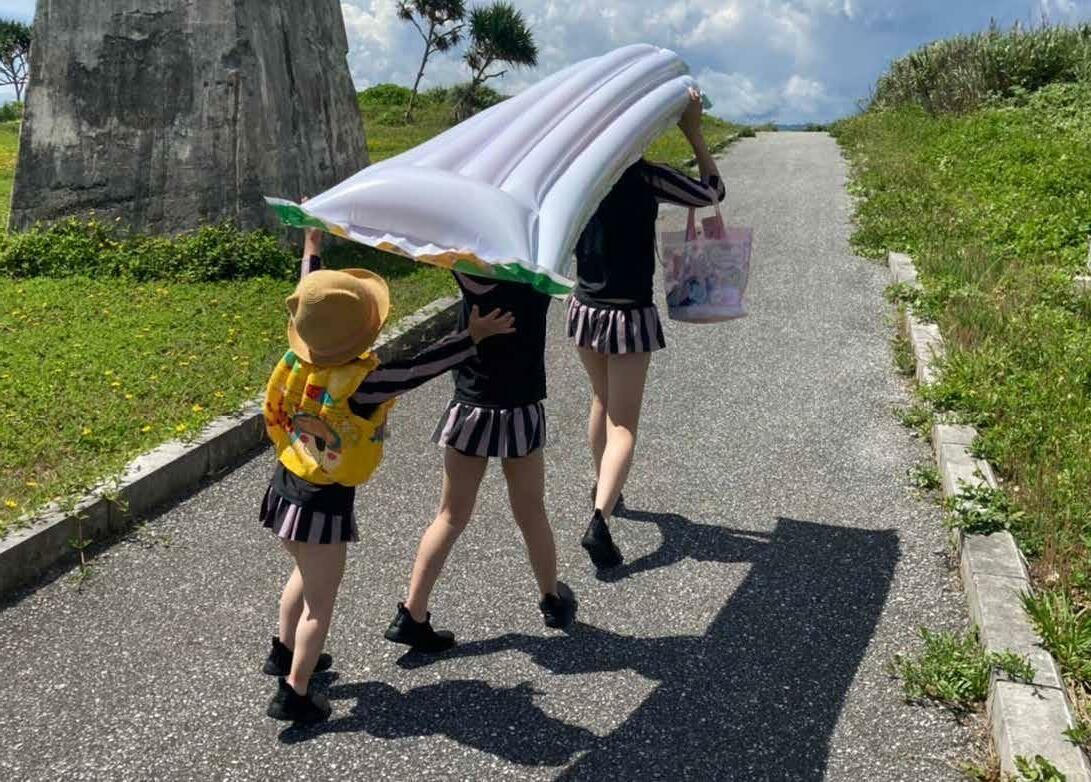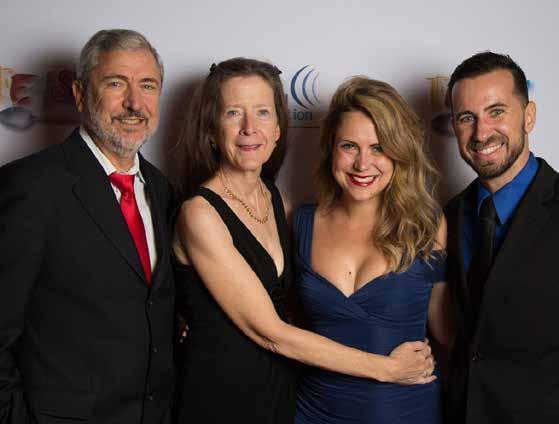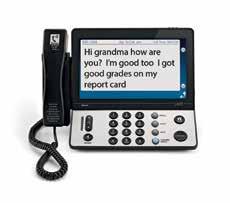
4 minute read
Media Unheard No More
Unheard No More
An entertainment executive’s search for support sparks the idea to capture Ménière’s disease in a documentary. By Janine McGoldrick
Advertisement
It has been nine years since I was diagnosed with Ménière’s disease. “A disease? Am I going to die?” I asked my doctor.
He explained Ménière’s wouldn’t kill me but, unfortunately, it is a chronic condition with no cure. I’d have to learn to manage the symptoms and, well, just live with it.
Easier said than done. Ménière’s symptoms can include horrible bouts of vertigo and nausea, drastic hearing loss, roaring tinnitus (ringing in the ear), painful ear pressure, extreme fatigue, and severe imbalance—just to name a few.
Ménière’s is an “invisible” illness, not widely known and difficult to explain. Google and WebMD became my best friends but are no substitutes for personal empathy and understanding—two things desperately needed by people with an enduring health condition.
Unfortunately, hearing a list of symptoms can’t give someone a full picture of what Ménière’s does to you. I have spent nearly a decade struggling to describe my condition to my family, friends, employers, and even strangers on the subway who think I’m drunk because I have difficulty walking straight. Now, I admit I love me some Guinness, but when I explain, “It’s not the alcohol, it’s the Ménière’s,” I’m met with blank stares.
Complicating things further is the fact that a Ménière’s “attack” can happen anywhere, at any time, with little warning. One moment you’re fine, working at your desk or making dinner. Then, with the flick of a switch, pressure begins to build in your head, you are thrown off balance, and everything around you starts to spin so violently you collapse and can’t move. This can last for a few minutes or a few weeks. As it all takes place inside your head, and happens while you “look healthy,” others—including doctors—are skeptical it’s even occurring, leaving you feeling anxious, depressed, and isolated. Jobs are lost, social engagements are canceled, relationships end.
Hearing issues weren’t new to my family as my dad suffered severe hearing loss due to years working with airplane engines and large electrical machinery. But none of us had ever heard of Ménière’s or were prepared for the life changes that would ensue.
My mother witnessed several of my Ménière’s attacks— helping me to the bed, scrambling to get my rescue meds, and cleaning up my vomit. Now she is constantly worried about the greater harm that may happen if I have an attack when I am alone or traveling. My brother Michael told me it can be difficult to know exactly how to help family members who have medical ailments, but it’s harder when they suffer from a disease as mysterious as Ménière’s.
As much as my loved ones wanted to grasp how much my world has changed they couldn’t. When I found a community of Ménière’s support groups on social media, I heard similar repeated refrains: “No one realizes what I go through”; “My family doesn’t get it”; “I’m alone on this journey.” So I wanted to find a way to give my family,

Janine McGoldrick (second from right) and her family hadn’t heard of Ménière’s disease before she was diagnosed, and none were prepared for the life changes that come with the condition.
and many others, a better understanding of the monster called Ménière’s.
As a veteran entertainment industry executive, I am acutely aware of the power that film and television have to enlighten, so I decided to develop “Unheard: The Ears of Ménière’s,” a documentary that will shine a light on this debilitating disease which has remained unheard of for far too long.
The film will create a visceral viewing experience for audiences so they directly experience the effects of the condition. Through creative camera movements and innovative sound design, it will simulate Ménière’s symptoms so viewers not only learn but also feel.
When I mentioned my film idea to my brother he was so excited. He said having visual and auditory examples of the Ménière’s experience would be an invaluable tool for people like him who need to know more about this debilitating illness.
Another goal of the documentary is to elevate Ménière’s in the public consciousness and attract funding for more research to find better treatments and hopefully a cure. Research for Ménière’s disease, like many vestibular disorders, is vastly underfunded. In order for people to have a better quality of life, this needs to change.
I’m grateful to Hearing Health Foundation (HHF) for supporting our film through recommending medical experts as well as patients of the condition who have shared their stories with HHF. My hope is that Ménière’s becomes as recognizable as Parkinson’s, diabetes, and multiple sclerosis. So, the next time I need to call out sick, cancel plans, or ask for help in public after stating, “I am having a Ménière’s episode,” I am met with recognition and not incomprehension from family and strangers alike.
Janine McGoldrick is an entertainment strategist and producer. She can be reached via email at janine@2ndchapterproductions.com and on Twitter and Instagram at @2ndChapterProd. “Unheard: The Ears of Ménière’s” welcomes corporate sponsorships and other funding toward production. To learn more, see 2ndchapterproductions.com.
Share your story: Tell us your Ménière’s disease journey at editor@hhf.org.










